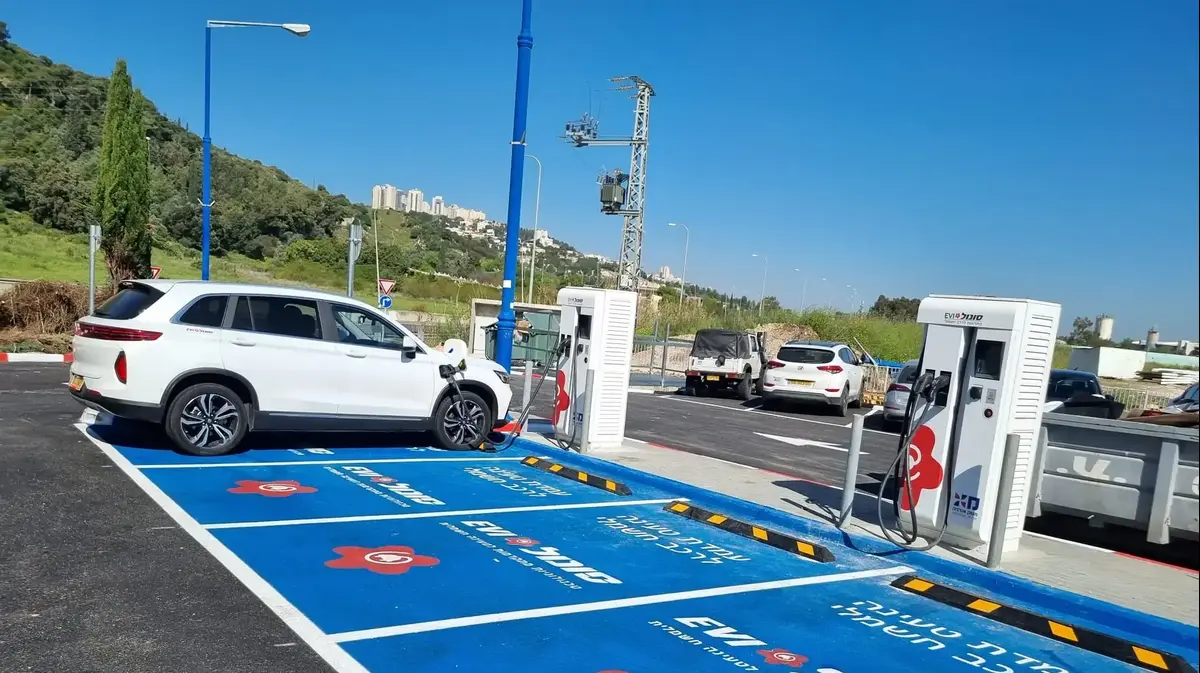If you are less polite, you protect the environment: With the provocative slogan "Think before you say thank you", the British energy supplier Ovo Energy caused a stir a few weeks ago. The message: If every adult in the UK sent one less thank you email each day, you could save more than 16,000 tons of carbon dioxide (CO2) a year. Bitter news for those who just want to be polite.
The results of a study on behalf of the group are behind the call. Accordingly, unnecessarily sent emails are driving climate change. In the UK alone there are more than 64 million thank you messages that can be dispensed with, according to the projection.
The study suggests that only one thank-you mail per day could be used to avoid any significant CO2 emissions per year: namely, an amount that corresponds to the cancellation of 80,000 flights from London to Madrid or the decision to remove 3,300 diesel cars from the To take roads.
Electricity consumption is increasing
In fact, energy is a topic that is rarely in the foreground when it comes to digitization. Electricity consumption has risen steadily since the 1990s, although turntables, cassette radios and tube TVs have been replaced by more economical smartphones and laptops. Electricity consumption is growing in almost all areas.
According to the French environmental organization The Shift Projekt, the energy consumption of digital technologies is increasing fastest. It currently accounts for four percent of global CO2 emissions, it says: that's more than global air traffic. And by 2025, the share could double to a total of eight percent, according to the environmental organization.
But is it so far that you should feel digital shame when writing an email?
Energy is needed wherever emails are stored
At least you should think about what emails you send, says Zeynep Kahraman-Clause. She is project manager at The Shift Project and her organization demands, among other things, that Europe reduce its emissions to zero by 2050 at the latest and that the economy becomes less dependent on fossil fuels.
"If we consider that global data traffic increases by 25 percent each year, then we obviously have to think urgently about what content we send over the networks," says Kahraman-Clause. "We should check whether an email is really necessary, how many recipients we enter and whether we prefer to use a platform like Dropbox instead of attachments."
Because no matter whether on the local hard drive or in the cloud: where emails and attachments are stored, energy is also consumed. If you only find a file in a certain location, such as in a Dropbox, it is at least not permanently on every computer or on the servers of all recipients.
Thomas Nau from the University of Ulm at least considers email restrictions to be exaggerated. There he is the deputy head of the communication and information center and is responsible for the IT of the data center. "I would be careful with such statements," says Nau in an interview with SPIEGEL. "I don't think people have to feel guilty about email."
The real problem is spam mail anyway. "At our university data center, 85 percent of emails are never even accepted." Nevertheless, the server must of course process these messages, which consumes energy. That is annoying, but this electricity requirement on the receiver side cannot be prevented.
Nau considers memory-intensive data to be much worse than text messages. "If you check an email from time to time, you have a completely different energy balance than someone who watches videos on YouTube all day." It is therefore important that the large online companies in particular switch completely to renewable energies as quickly as possible in order to regulate data traffic in a climate-neutral manner.
The rebound effect eats up efficiency
According to Thomas Nau, the increasing energy requirements of digital technology can be explained, among other things, by the fact that access to high-performance hardware has become easier. "Everyone can now afford a cloud application." The threshold is much lower these days. "In the past you had to finance and set up an expensive server, today you can easily rent a room from a large provider."
According to Zeynep Kahraman-Clause, this so-called rebound effect is the biggest problem. The increasing energy efficiency of the digital world does not mean that less electricity is used. On the contrary: the possibilities would always be fully exhausted.
In the case of gadgets, the production phase in particular ensures a poor environmental balance. According to Kahraman-Clause, almost half of the emissions arise during manufacture. With a smartphone, the energy balance is particularly bad: 90 percent of the energy in the life cycle of a mobile phone is used before a customer has even bought the device, she says. It is assumed that it will be used for two years.
But Kahraman-Clause is also not someone who demonizes technology. One shouldn't forget that without digital technologies, "it will be impossible to control climate change," she says. Until then, prudent digital behavior makes sense. That means: Do not buy the latest and fastest devices, change smartphones as rarely as possible, prefer repairs to new ones or buy used ones.















